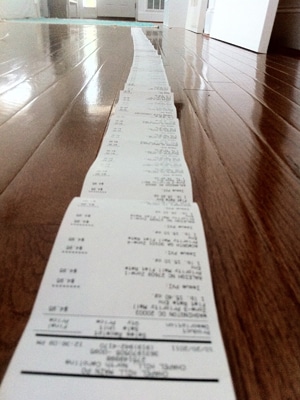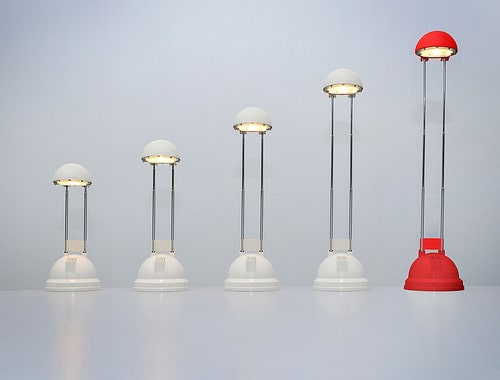During a recent brainstorming session, a friend stated to everyone involved that they should all feel free to blurt out anything that pops into their heads and that “there are no bad ideas…” Well, that really got me thinking, and I started playing Devil’s advocate (all in my head). That statement is pretty popular but is it actually true? Aren’t there at least a couple of bad ideas lurking somewhere in the shadows?
I mean, that concept might work in a brainstorming session, in fact I think that might be the number one rule, but in the real word, in the startup world, of course there are bad ideas (I’ve had a few myself). So here are a couple ways you might be able to tell that your startup idea probably isn’t as great as you think it is:
You can’t summarise it

I think we have Twitter and its character limitation to blame for this, but everyone seems to have developed a shorter attention span. People don’t really have the time or the energy to spend trying to understand an idea that is just too complex. If you want to get customers and investors on board, your startup idea will need to be something you can explain quickly and concisely. If you can’t seem to get anyone to understand what you’re idea is about with a couple of sentences, you might have a problem.
There’s no need for it
We already know that people will only buy products and services that they see as solutions to particular problems or needs that they have, and the best needs are the ones that aren’t even that obvious at first (they birth the best products). Every successful product on the market serves some kind of need, whether it’s one that is practical, economical, emotional, or social in nature. So, consider whether your idea will make someone’s life better, easier, or even a tad more fun.
It’s too limited

I’m a big fan of niche products and services, because you can be more targeted in your marketing (less money to spend). But you have to ask yourself if your product might be a little too consumer-specific, after all you actually need enough consumers to make money, especially as your development cost will be similar no matter how many people you’re targeting. Consider how many consumers would have to buy for you to break even.
Even you don’t love it
Don’t expect everyone to be completely enamored by your idea, but if even you, the founder, are not completely in love with your idea, why even bother? If you don’t love it, you won’t be able to make anyone else love it either. You need to be passionate about your startup idea in order to convince others of its value. Passion will enable you to nab investors and think up a persuasive marketing campaign.
You can’t scale it

You will never make a large amount of money if you can’t imagine a way to scale up your startup once it gets going. Has your startup got the potential to expand geographically, to break into fresh markets, or at the very least generate recurring and growing revenue from a solid customer base? No? Well, then you might have a problem.
See, it’s easy for me to sit down at my desk and point out why a startup might fail, but at the end of the day startups are such a unique area that none of the above points might even end up really applying to you.
So you know what? Don’t listen to me. If you think that idea is really great, and no one else seems to see it, it might pay you to ignore them. Lots of ideas that were once dismissed as trivial, silly, unrealistic, or unworkable later became essential fixtures in our daily lives. Airplanes, light-bulbs, and even Google all had their critics who were proved completely wrong.
Suggested Read: 8 Startup ideas that you thought were silly










